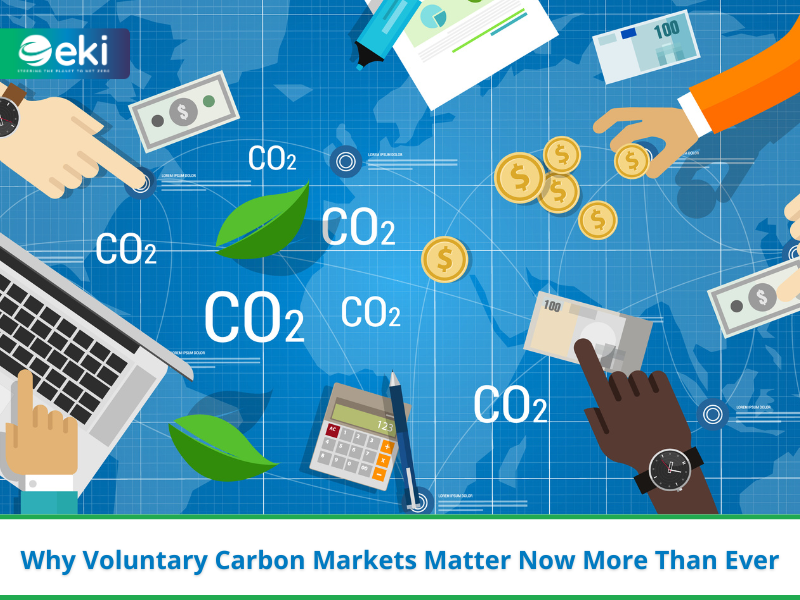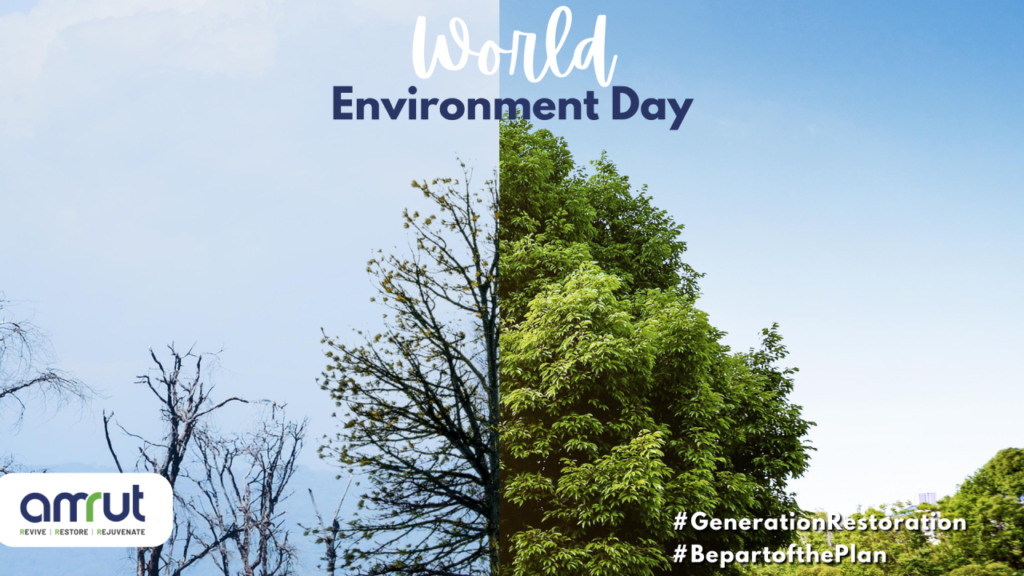In its recent assessment, the International Monetary Fund (IMF) delved into the complex economic dynamics of 2023, a year marked by unprecedented challenges that strained the global economy. The extension of the Ukraine conflict and the ensuing energy crisis in Europe, coupled with a new escalation following a fatal attack on Israel, diverted attention from climate change discussions.
In a fresh perspective, the IMF underscored the exceptional challenges of the year, subjecting the resilience of the global economy to rigorous testing. The report meticulously scrutinized the past year, examining pivotal economic trends, including the evolving landscape of climate change, dynamics in international trade, and noteworthy shifts in reserve assets. The IMF’s comprehensive review provides insights into the multifaceted economic landscape that defined the challenges and adaptations of the global economy in 2023.
Low-Carbon Transition
As per their IMF report, the Climate Change Indicators Dashboard by the IMF highlights that averting physical damage from climate change yields substantial benefits. The latest climate scenarios from the Network for Greening the Financial System affirm that not only is a transition to a lower-carbon future imperative, but it is also economically advantageous. A well-managed shift to net zero by 2050 could potentially boost the global gross domestic product by 7 percent compared to current policies. While the move to a low-carbon economy might entail challenges such as increased carbon prices and energy costs impacting demand, these can be mitigated by redirecting carbon revenues into government investments and reducing employment taxes. Crucially, curbing emissions is pivotal for minimizing the macroeconomic costs associated with the physical impacts of climate change.
Global Trade and Climate Change
As per the IMF report, approximately 1,000 vessels traverse the Panama Canal monthly, transporting over 40 million tons of goods—constituting about 5 percent of global maritime trade volumes. However, critical declines in water levels, prompted by the worst drought in the canal’s 143-year history, have emerged. Drought-related restrictions, due to insufficient rainfall at Gatún Lake, responsible for canal nourishment, have resulted in a throughput reduction of approximately 15 million tons this year, said the report.
The drought has extended transit times, affecting ports, with 10 percent to 25 percent of maritime trade flows impacted. The repercussions extend to Asia, Europe, and North America, signaling prolonged trade hindrances as canal passages are expected to decrease to 18 ships per day by February 2024, down from the usual 36.
Global GHG Emissions and Intensity
The 2023 Emissions Gap Report by the UN Environmental Program reveals progress since the 2015 Paris Agreement, with a projected slowdown in the percentage increase of greenhouse gas (GHG) emissions to three percent for 2030, down from the initially projected 16%. While the IMF’s quarterly tracking suggests a potential annual decline in GHG emissions by the end of 2023, following trends from the first half of the year, this improvement falls short of the Paris Agreement’s 28% reduction target for 2030. Positive shifts are observed in decreasing GHG intensities relative to GDP growth since 2019, signalling incremental progress amidst ongoing challenges.
Conclusion
The recent International Monetary Fund (IMF) report scrutinizes pivotal economic trends, including climate change dynamics, shifts in international trade, and changes in reserve assets, offering insights into the multifaceted economic landscape of 2023. Key findings highlight the imperative low-carbon transition, challenges in global trade due to climate-related disruptions, and progress in reducing greenhouse gas emissions, albeit falling short of the Paris Agreement targets.
The findings hold significant implications for the future. Governments need to pivot towards accelerated climate policies, emphasizing a transition to a low-carbon economy to unlock economic benefits. Global trade strategies have to undergo reassessment, with a focus on resilience and diversification in response to disruptions, such as those in the Panama Canal.
The urgency for climate action must intensify, prompting nations to exceed emission reduction targets for economic gains. Investment opportunities may emerge in renewable energy and sustainable infrastructure. Regions affected by trade disruptions will have adopt adaptation strategies, fostering collaboration and innovation. The findings suggest a potential shift towards sustainable and resilient global practices, contingent on proactive responses from governments and businesses.










